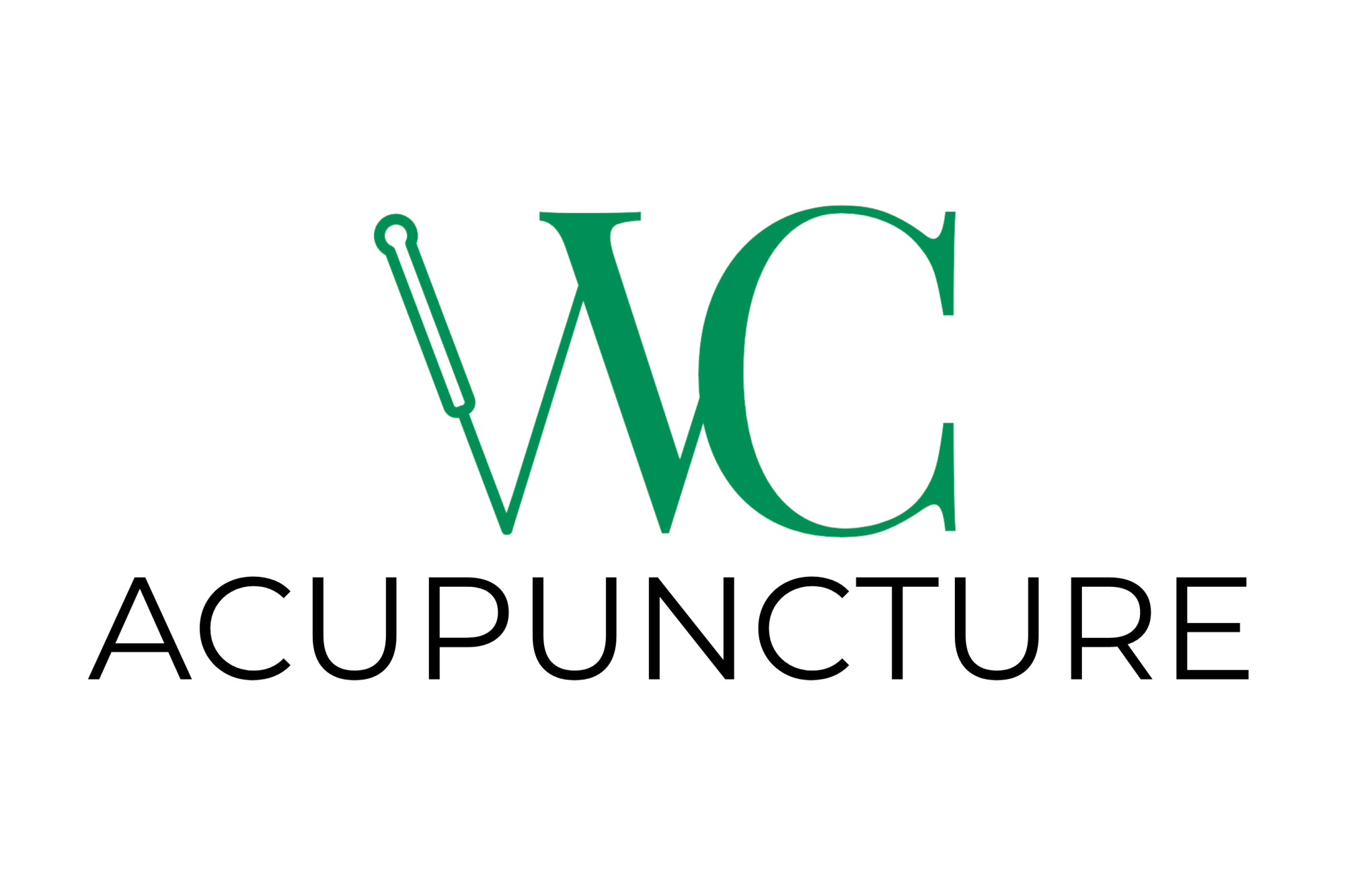As an Acupuncturist, I have witnessed the remarkable benefits of acupuncture in helping women manage and alleviate the bothersome symptoms of menopause, such as hot flashes. Menopause, the natural biological transition in a woman’s life, can bring about a variety of physical and emotional changes due to hormonal fluctuations. In this article, I will delve into the pathomechanism of menopause from both a Traditional Chinese Medicine (TCM) and Western medicine perspective, and explain how acupuncture can effectively address these symptoms.
From a TCM perspective, menopause is seen as a natural progression of a woman’s life cycle. It is believed that the decline in kidney yin, which represents the cooling and nourishing aspect of the body, leads to the imbalance of yin and yang energies. This imbalance manifests as hot flashes, night sweats, insomnia, mood swings, and other menopausal symptoms. TCM aims to restore the balance by stimulating specific acupoints along the body’s meridians to promote the smooth flow of qi (vital energy) and nourish yin.
From a Western medicine perspective, menopause is a result of declining estrogen levels and hormonal imbalances. Estrogen plays a crucial role in regulating body temperature, among other functions. As estrogen levels decline, the body’s thermoregulatory system becomes dysregulated, leading to sudden and intense hot flashes. Furthermore, the hormonal fluctuations during menopause can affect the neurotransmitters in the brain, contributing to mood swings and sleep disturbances.
Acupuncture offers a holistic and natural approach to managing menopausal symptoms. By inserting thin, sterile needles into specific acupoints, acupuncture stimulates the body’s self-healing mechanisms, promoting the release of endorphins and other neurotransmitters. This can help regulate body temperature, reduce hot flashes, and improve sleep quality. Acupuncture also promotes relaxation and reduces stress, which can alleviate mood swings and anxiety commonly experienced during menopause.
In addition to acupuncture, Chinese herbal medicine may be prescribed to complement the treatment. Herbal formulas are tailored to address specific patterns of disharmony identified during a TCM diagnosis. These formulas can help nourish yin, cool the body, and restore hormonal balance, further enhancing the effectiveness of acupuncture.
It is important to note that acupuncture is not a one-size-fits-all solution. Each woman’s experience with menopause is unique, and treatment plans should be personalized based on individual needs. In Part 2 of this blog series, we will explore real-life case studies showcasing the effectiveness of acupuncture in managing menopausal symptoms.
Dr. Winson Chen
